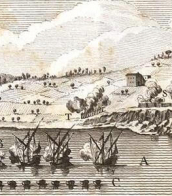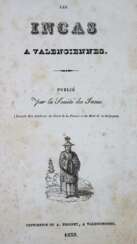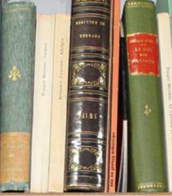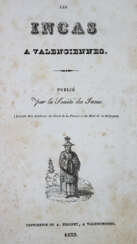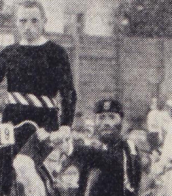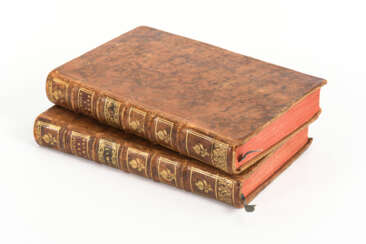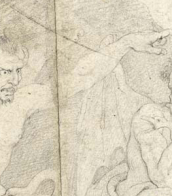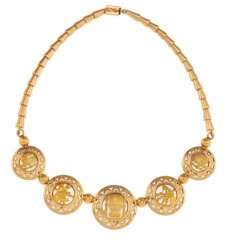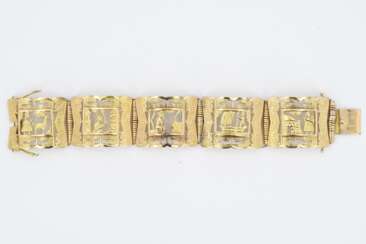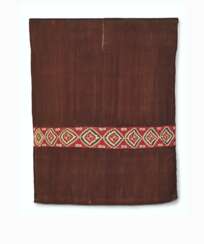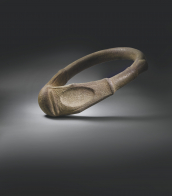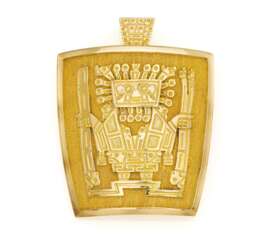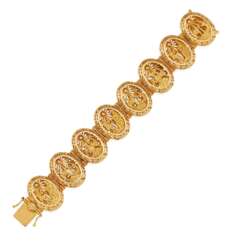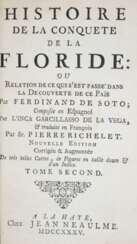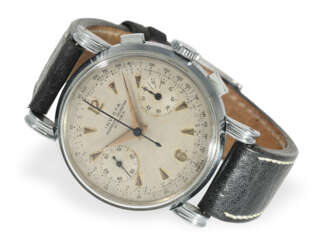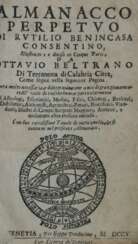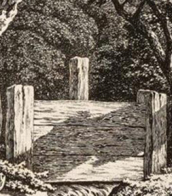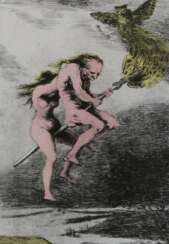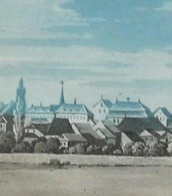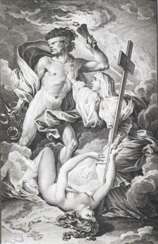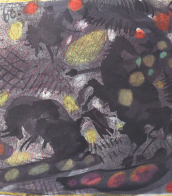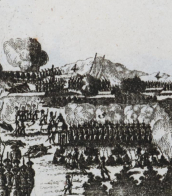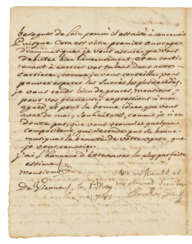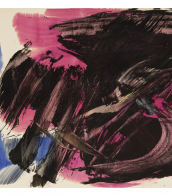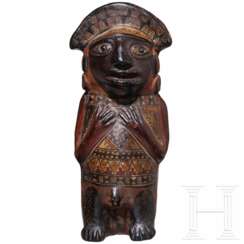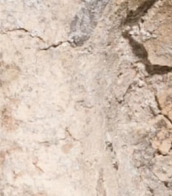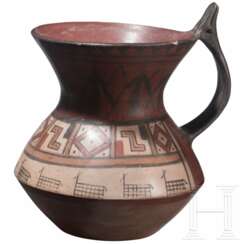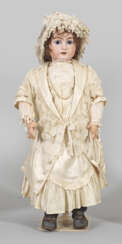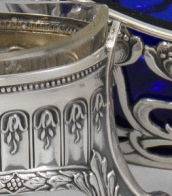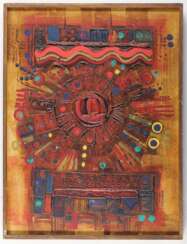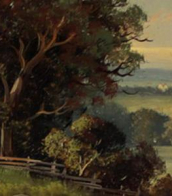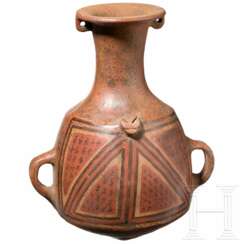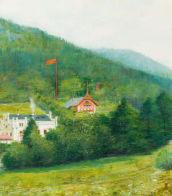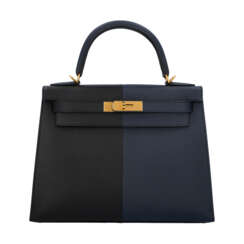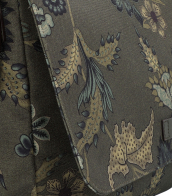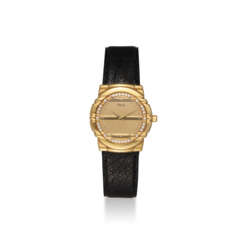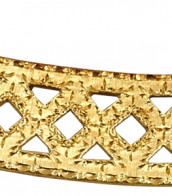incas
Johann Wolfgang von Goethe, a German polymath and writer, is celebrated as one of the most influential figures in the German language and Western culture. His vast array of works spans poetry, novels, plays, and scientific writings, reflecting his diverse interests and profound impact on various fields.
Goethe's early life in Frankfurt laid the foundation for his diverse interests. After studying law, he gained fame with "The Sorrows of Young Werther," which led to an invitation to the Weimar court. His contributions there were significant, including roles in the ducal council, mining supervision, and cultural endeavors like theater management and the botanical park's planning.
His literary achievements are vast, with notable works like "Faust" and "Wilhelm Meister's Apprenticeship," which delve into human nature and societal reflections. Goethe's "Sturm und Drang" period was marked by intense emotion and a break from traditional forms, influencing subsequent cultural movements.
Johann Wolfgang von Goethe's interest in science is equally noteworthy. He made contributions to biology, zoology, and color theory, advocating for a holistic view of nature and expressing skepticism toward restrictive scientific methodologies. His works in these areas reflect a deep desire to understand and articulate the natural world's interconnectedness.
For art collectors and experts, Goethe's influence extends beyond his literary and scientific contributions. His role in Weimar Classicism and his artistic endeavors offer rich insights into the period's cultural landscape, providing a multifaceted perspective on his legacy.
To stay informed about developments and events related to Johann Wolfgang von Goethe, consider signing up for updates. This subscription will keep you informed about new product sales and auction events related to Goethe's works and influence, offering exclusive insights for enthusiasts and collectors.
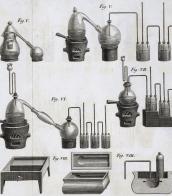
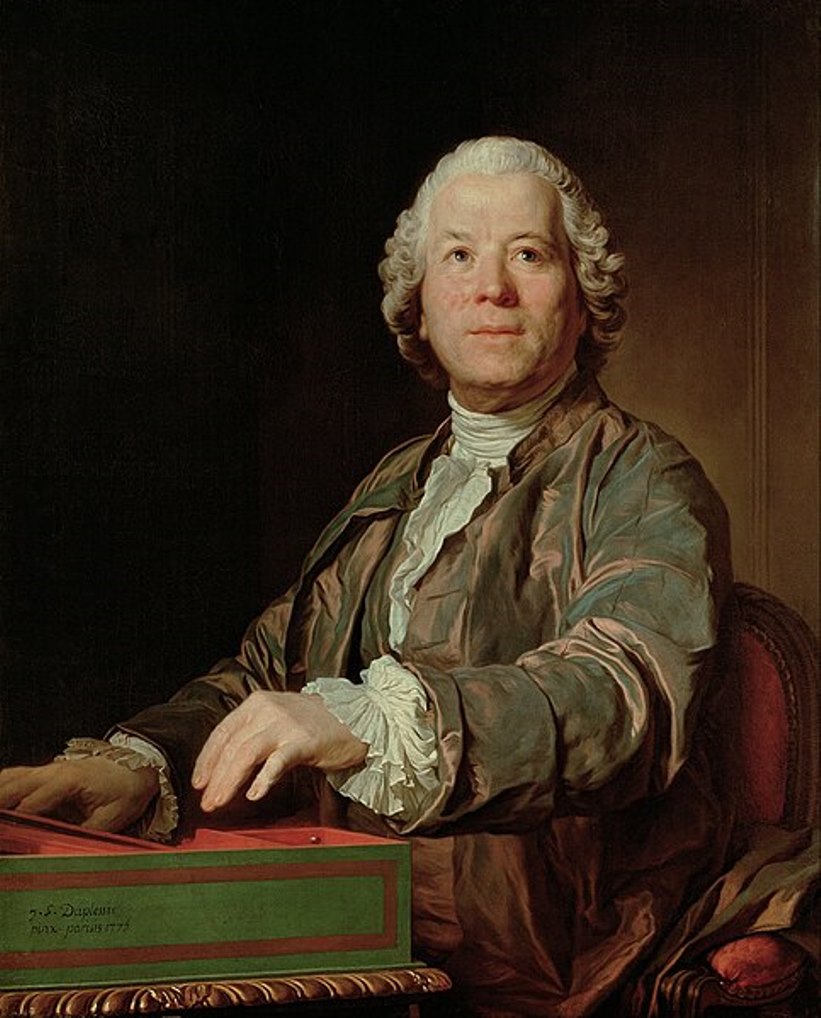
Christoph Willibald Gluck was a German classical composer and reformer of the opera genre.
Christoph showed a talent for music early on, playing violin and cello, leaving home and studying music with various teachers in Prague, Vienna and Milan. In 1741, Gluck had his first significant success with his first opera, Artasers, at the Milan theater. In 1745 Gluck, by then already well known as an opera composer, was invited to England, but in 1750 he settled in Vienna, where he lived for the rest of his life. While in Paris in 1773-79, he won the favor of Louis XVI's wife Marie Antoinette.
Christoph Gluck played a historic role in the formation of a new operatic style, becoming the main reformer in the transition from baroque to classical opera.
During his career, Christoph Gluck composed about 40 operas. Of these, his first "reformist" opera was Orpheus and Eurydice, staged in Vienna in 1762. Next were "Alceste" (1767), "Parida et Helena" (1770), "Iphigenia in Aulida" (1774), a French version of "Orpheus" (1774), and "Iphigenia in Tauris" (1779). He also wrote five ballets, of which Don Giovanni (1761) was one of the first successful action ballets.
Gluck spent the last eight years of his life in Vienna, continuing to work tirelessly. During these years he met several times with Wolfgang Mozart, who by then had already become a bright star.

